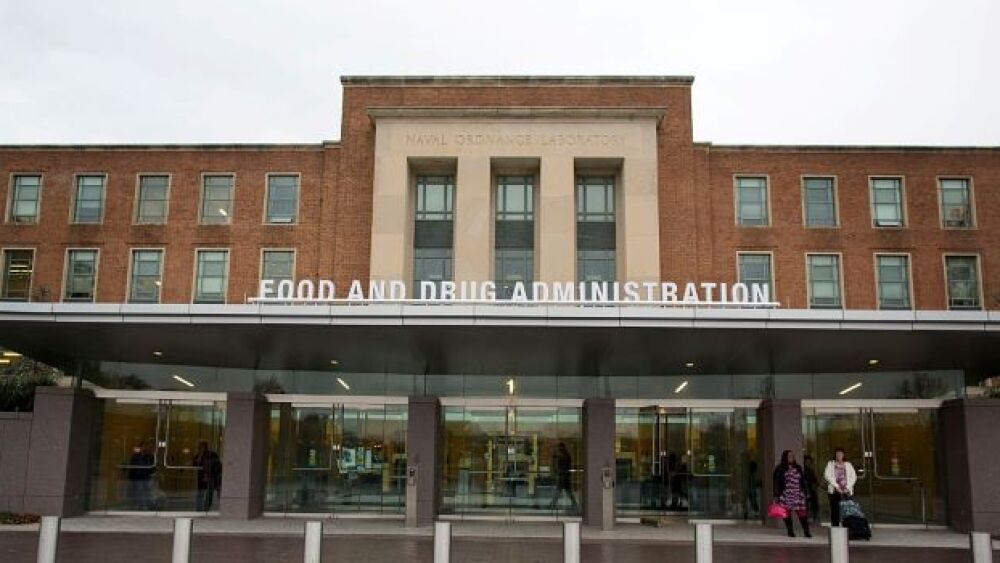Wednesday, the FDA’s VRBPAC agreed that GSK’s respiratory syncytial virus vaccine candidate is safe and effective in older adults.
Al Drago/CQ Roll Call/Getty Images
Wednesday, the FDA’s Vaccines and Related Biological Products Advisory Committee (VRBPAC) agreed that GSK’s respiratory syncytial virus vaccine candidate is safe and effective in older adults.
The committee unanimously voted that data published in the New England Journal of Medicine supported the effectiveness of the vaccine and voted 10-2 that the data supported the safety of the vaccine.
If approved, it would be the first RSV vaccine available for adults aged 60 years and older, but only if it can beat Pfizer to the finish line.
The committee’s decision on GSK’s candidate comes one day after the same committee deemed there were enough data to support Pfizer’s respiratory syncytial virus (RSV) vaccine RSVpreF in older adults.
GSK is slightly ahead of Pfizer in the RSV race, winning its priority review a month earlier.
In its briefing documents, GSK presented promising efficacy numbers for its candidate, with a vaccine efficacy of 82.6% in preventing RSV-confirmed lower respiratory tract disease (LRTD) in adults aged 60 years and above. The vaccine was even better at preventing severe LRTD in patients 70 to 79 years old.
Voting 7-4, the VRBPAC found Pfizer’s data sufficiently demonstrates the safety of its RSV vaccine candidate. The panel was split the same way for Pfizer’s efficacy data. Both safety and efficacy votes had one abstention.
In a briefing document submitted before the meeting, Pfizer presented key Phase III efficacy and safety data for its RSV shot. The candidate had a 66.7% efficacy in preventing RSV-associated lower respiratory tract infections (LRTI) with at least two symptoms during the first RSV season. This figure jumped to 85.7% when considering LRTI episodes with at least three symptoms.
As for safety, Pfizer pointed to the mostly mild or moderate local and systemic reactions associated with its candidate. Adverse events, including those that were serious or life-threatening, were balanced between treatment and placebo arms.
The panel, however, flagged two cases of Guillain-Barré syndrome (GBS) out of 19,942 vaccinated participants, potentially related to Pfizer’s candidate. Given a background rate of 1.5 to 3 cases per 100,000 people, these GBS cases were “considered an important potential risk,” the VRBPAC wrote in its briefing document.
Similarly, the VRBPAC also flagged one case of GBS for GSK, which it deemed related to GSK’s vaccine. GSK is not required to run a safety trial for GBS.
The FDA has requested that Pfizer include GBS and other immune-mediated demyelinating conditions in its pharmacovigilance plan and run a post-marketing safety study for its RSV shot.
The FDA’s advisory committee is a recommending body comprised of independent experts. The Agency is not required to follow its counsel, though it often does. The final regulatory verdicts for both Pfizer and GSK’s RSV vaccines are expected in May.






